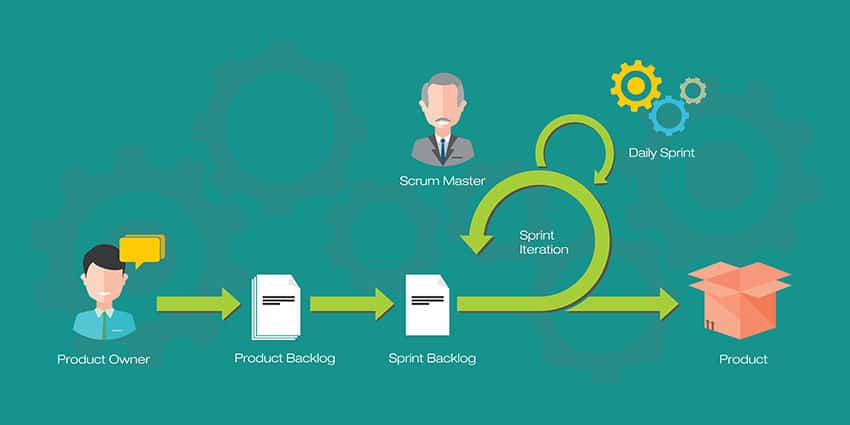At one point or another, every manager has dealt with employees who are difficult (to put it mildly). It’s an unfortunate inevitability every business leader confronts at some point in their career.
Not every team member can be a superstar or work at peak productivity. But effective lean leaders have to learn to contend with challenging employees. Luckily, there are numerous strategies to help managers confront and even help convert difficult workers into a happy, productive team members.
We’ve rounded up a number of the most effective methods and have listed them here.
Offer Clear, Actionable Feedback
Managers obviously need to do more than simply complain about ineffective employees. Schedule a one-on-one meeting with the troubled team member, and offer up your thoughts. While delivering this kind of tough behavioural feedback is extremely uncomfortable, it’s a task that must be tackled head on.
Provide key examples to further illustrate your points and to ensure there criticism remains as free of bias as possible. Not only does this kind of meet mean employees can have the opportunity to address their issues and work improve themselves, but you can take the time to set clear milestones to help them achieve these improvements.
Document Incidents and Problems
For those managers experiencing serious issues with a particular employee (particularly any recurring issues), take the time to document your key points. Whether it’s a single incident or a behaviour you’ve attempted to correct repeatedly, leaving a paper trail is essential.
Why? If the situation escalates to the point where an employee needs to be let go, you have a record of their behaviour going back to the first incident (or time it was observed).
Avoid Gossiping
No matters how many problems you’re encountering with a worker, avoid the urge to discuss their issues behind their back.
It may be tempting to talk about the performance issues, particularly with other members of management, but good business leaders simply don’t trash talk. Gossiping promotes a culture of distrust, and will more likely cause you more trouble in the long run.
Outline Consequences
Once you’ve addressed a troublesome behaviour or performance issue with a worker, it’s time to get specific with consequences. If the behaviour is corrected but you don’t see an improvement (or they aren’t meeting those pre-established milestones you worked on together), put some negative reinforcements in place. And be clear, using statements like, “I know you’re working to improve this, but I’m not seeing enough change. If I don’t see X by Y, then Z is going to happen.”






